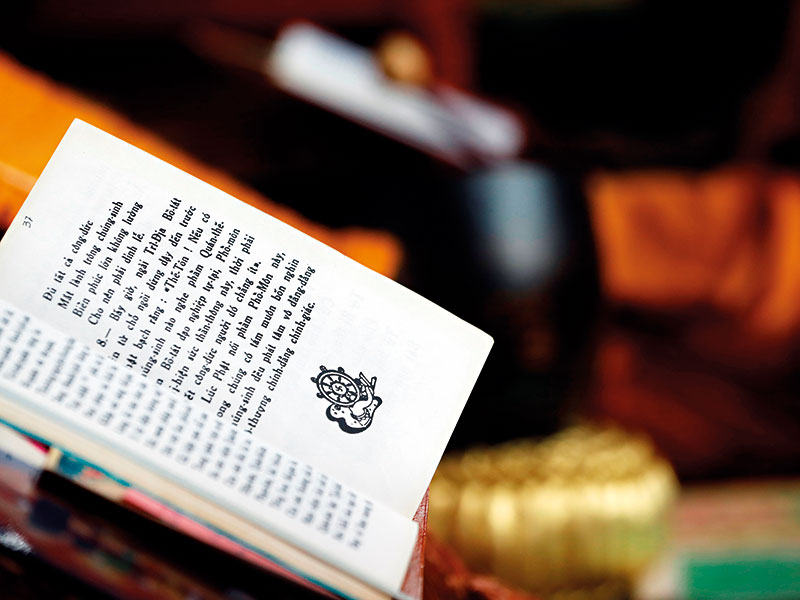
Today, it’s possible to study an array of fascinating subjects taught by world-leading experts from absolutely anywhere on the planet – for free. Online platforms have unleashed fountains of knowledge to anyone keen to learn.
Of particular note are Coursera and edX, which have partnered up with the US’ eight Ivy League universities – Brown, Columbia, Cornell, Dartmouth, Harvard, Pennsylvania, Princeton and Yale – to offer around 400 online courses. The subjects range from social sciences and humanities to art and personal development.
These partnerships offer an incredible opportunity for individuals around the world to study and perhaps further their careers. But what’s also interesting about such offerings is the lifestyle aspect: those enrolling on such courses are not all doing so to aid career progression. For many, these courses offer a chance for personal development, to gain a cultural education and to fuel their passions.
Art for art’s sake
Thanks to the internet, we have access to reams of data, archives that would rival the Great Library of Alexandria, and expert knowledge from the world’s brightest minds, making it easier than ever to learn. Consequently, individuals are not only afforded the opportunity to extend their knowledge in the field they work in, but also to explore new subjects and expand their cultural understanding. For example, one can study storytelling in Othello with a Harvard University professor or receive an introduction to Italian opera from Dartmouth academics, all from the comfort of their own home and without rigidity or restrictions.
A strong desire for personal development is seeing a growing number of busy professionals studying in their free time
Professor Andrew Cooper, Dean of Cultural Studies and Humanities at Leeds Beckett University, said: “Cultural subjects of this kind have always had an intrinsic value – famously encapsulated by ‘art for art’s sake’ – but today’s context is very different. This is not simply because of the ease of access as a result of advances in technology. More importantly, whereas in an earlier stage of their life successful professionals may have been directed towards more vocational subjects for study, there is now a growing acceptance that indulging one’s passion for art, music, literature and creative subjects in general is of immense benefit.”
A strong desire for personal development is seeing a growing number of busy professionals taking classes in their free time. Although studying the paradoxes of war with Princeton professors or undertaking Brown’s Ethics of Memory course may not directly help with one’s occupation, the act of adding more strings to one’s bow inevitably makes someone more versatile and dynamic.
Christopher Pappas, founder of eLearning Industry, one of the biggest online communities of professionals in e-learning, said: “If you study different things, it gives you a different point of view, and that applies also to your social, personal and professional life. So maybe it sounds unrelated, but at the same time it gives you a competitive advantage.” For employers, such individuals are enthusiastic, proactive and keen to develop.
According to Cooper, this last point is key. Partaking in cultural education is important for the “development of intellectual capacity and enrichment of prior learning experiences”. It can also “release new wells of creativity within an individual”, which enhances thinking and productivity.
Cooper told European CEO: “For the more discerning and pragmatic, educational engagement with cultural subjects can add or augment skills and attributes that are highly valued in our personal lives, but also play an increasing part in our professional lives as we experience the fourth stage of the digital revolution – attributes and skills such as emotional intelligence, cultural empathy, critical and creative thinking, and complex problem-solving from alternative intellectual perspectives.”

Access for all
As the appreciation of such benefits grows, more ambitious individuals are taking the time to enhance their cultural awareness. “Study of these areas at this point in their lives is often driven by successful professionals having the ‘permission’ to engage with some of their first intellectual impulses and also having the acumen to know that in doing so, they will augment skills that are not only vital to their personal lives but also to their lines of work,” Cooper said.
Accessibility has inevitably played an instrumental role. Busy professionals can take online courses at any time, almost anywhere. In fact, even a Wi-Fi connection isn’t always necessary. Online courses also provide an invaluable chance to exchange ideas with people from all over the planet, which can only broaden one’s understanding. “You can get a global perspective, see the point of view of different people, from different backgrounds, different cultures,” Pappas told European CEO.
And of course, there is the crucial cost factor. Pappas explained: “You do not need to spend a fortune to study; it is extremely important that you do not need to travel across the globe to find a course or a guru. You can talk via email, Facebook or LinkedIn; you can exchange ideas, exchange best practices, and that has changed the game.”
The game has indeed changed. Even with busy careers, studying in our free time has never been easier. With hundreds of fascinating topics to choose from, leisure time is heading in a whole new direction, with the pursuit of knowledge taking precedence. And this is significant, for learning should be incessant – we should never stop trying to develop and better ourselves.
Only through continued progression in this way can we gain a more rounded understanding of the world around us, and of ourselves. Through the study of history, culture and a plethora of other topics, civilisation is presented with a unique opportunity. What we do with this information is down to each one of us.

